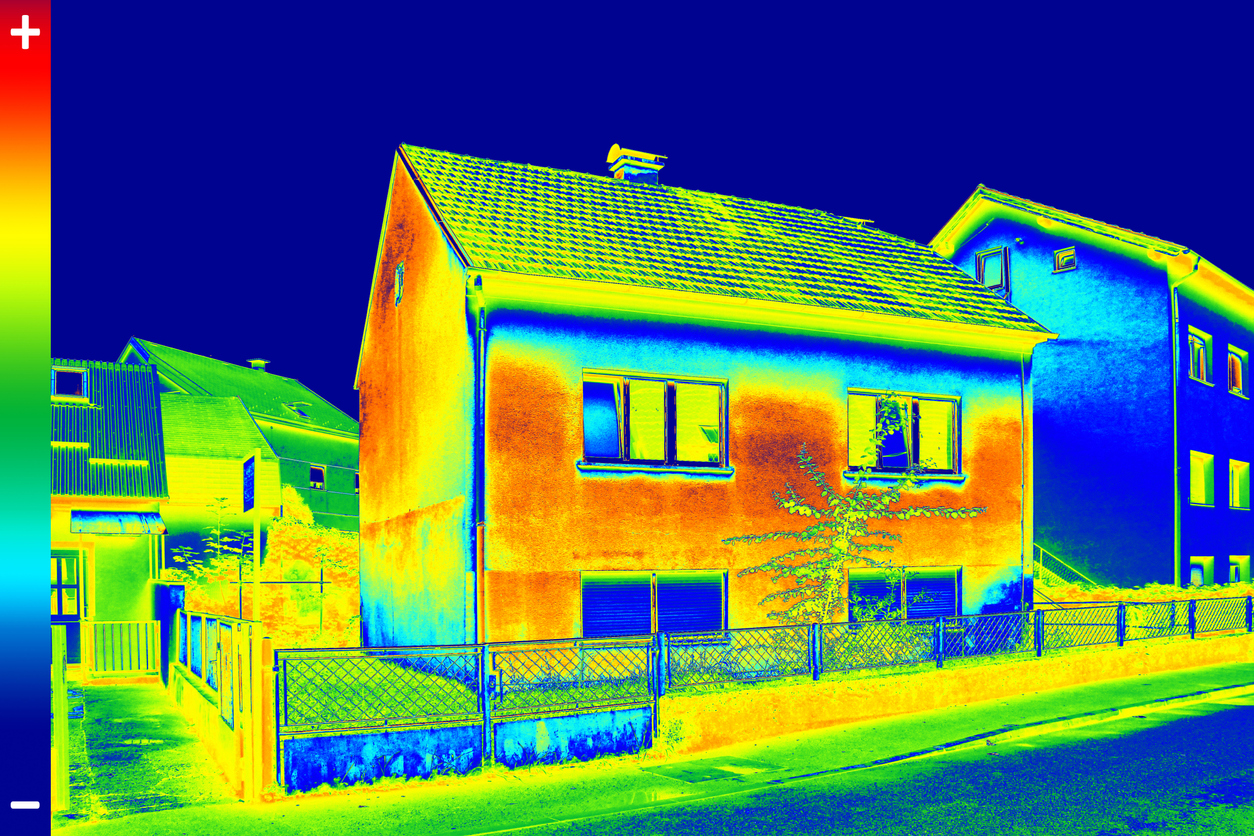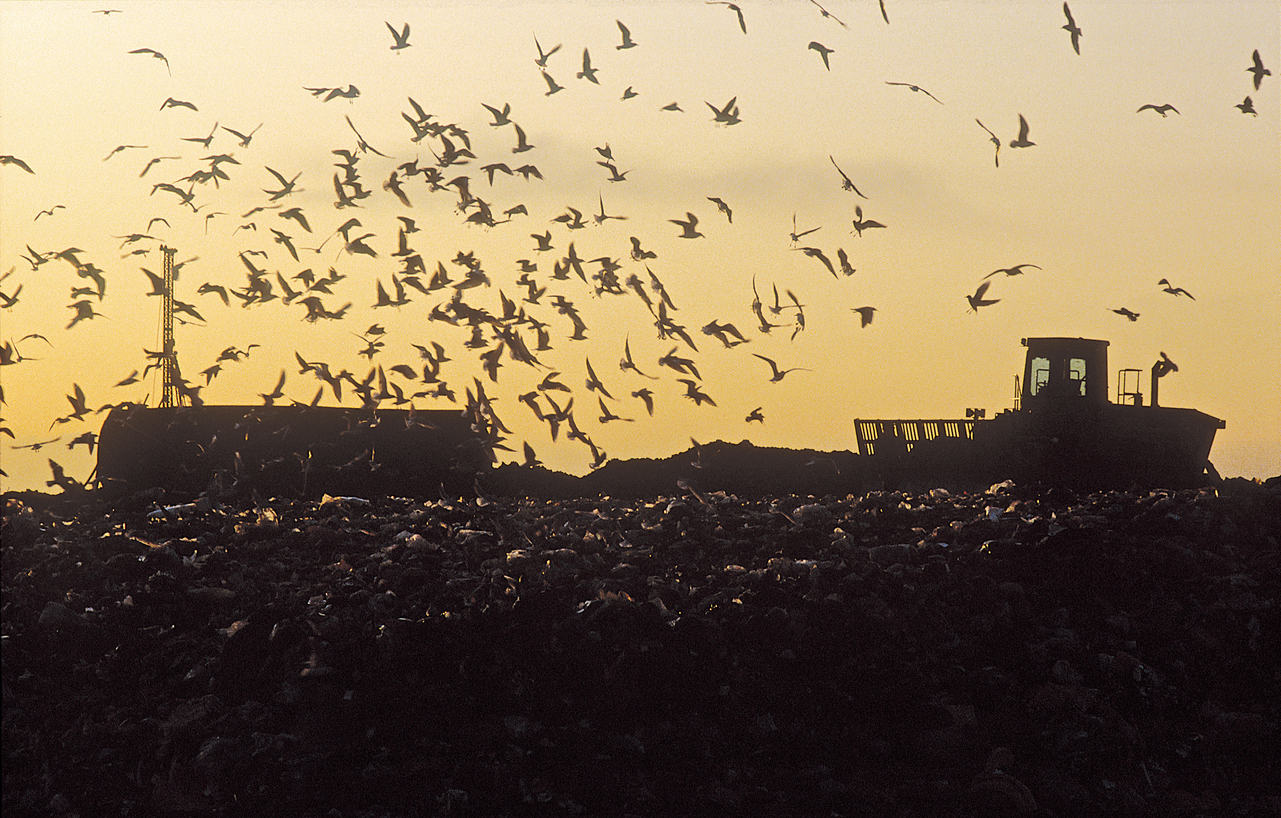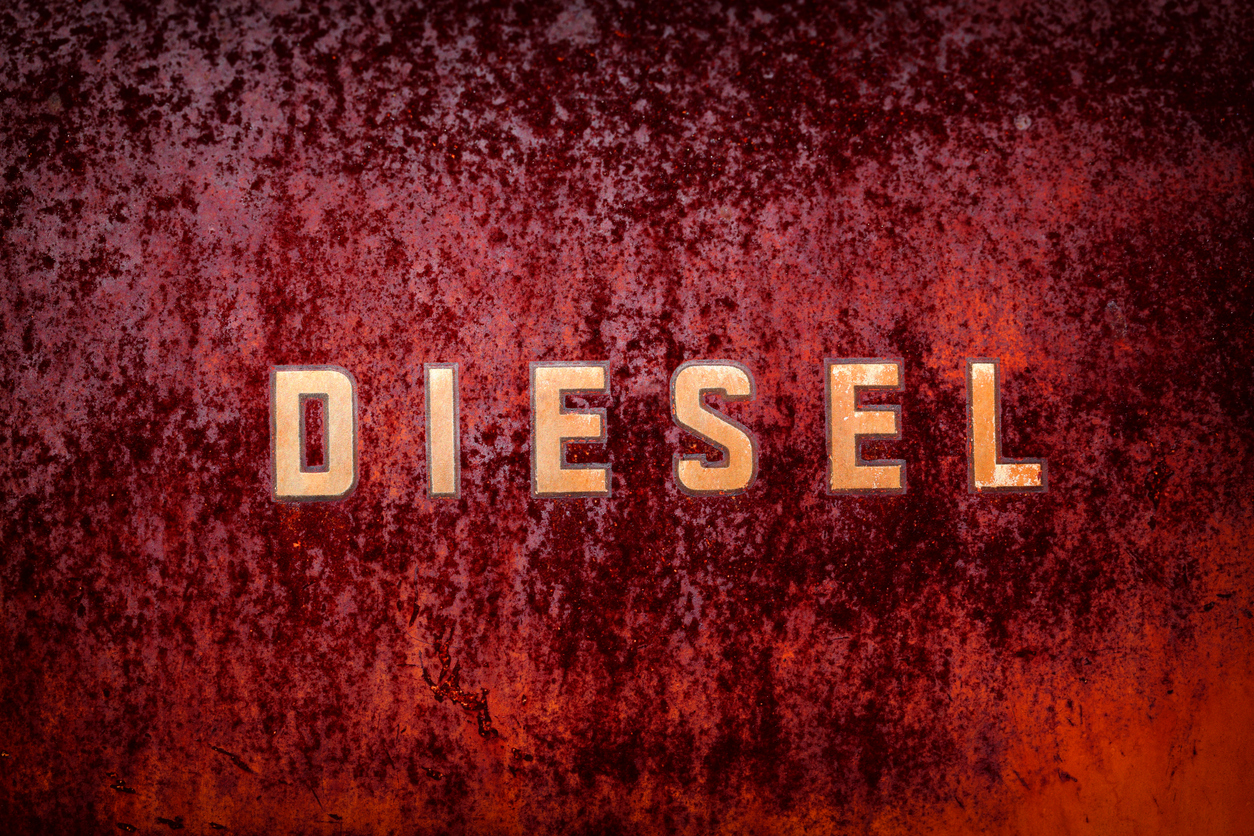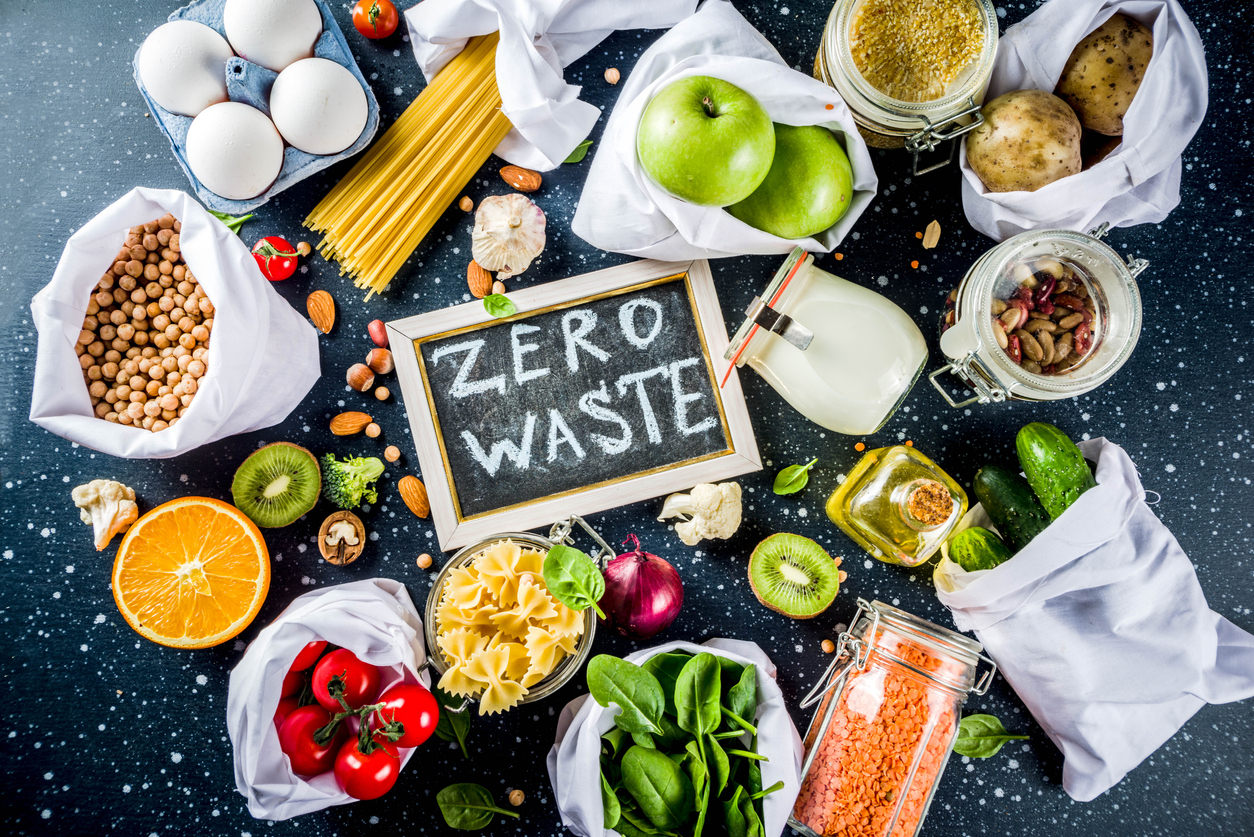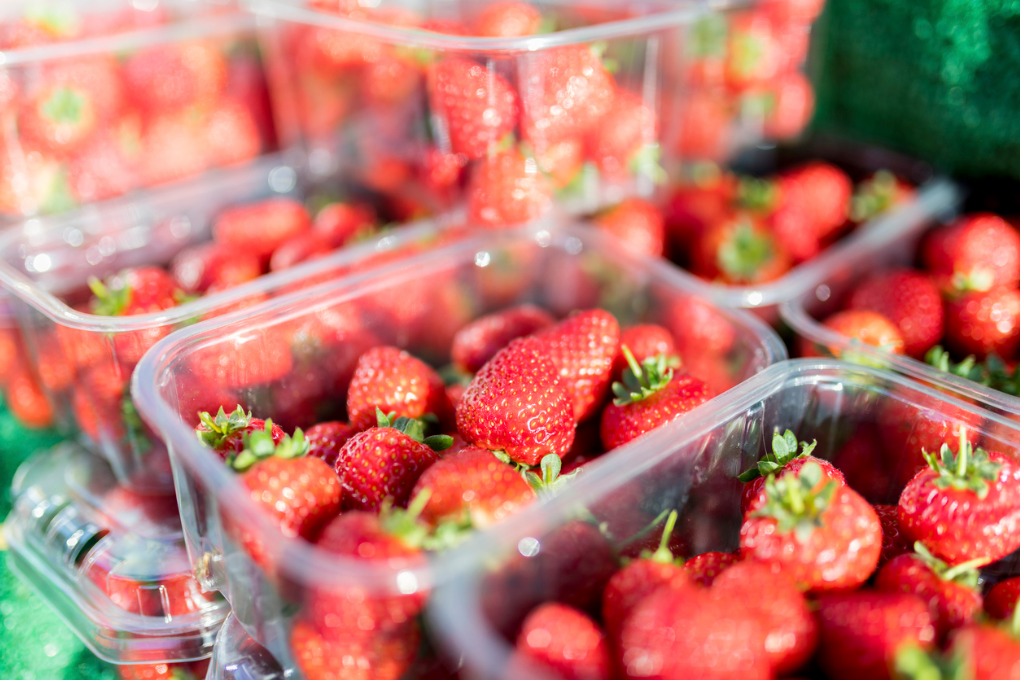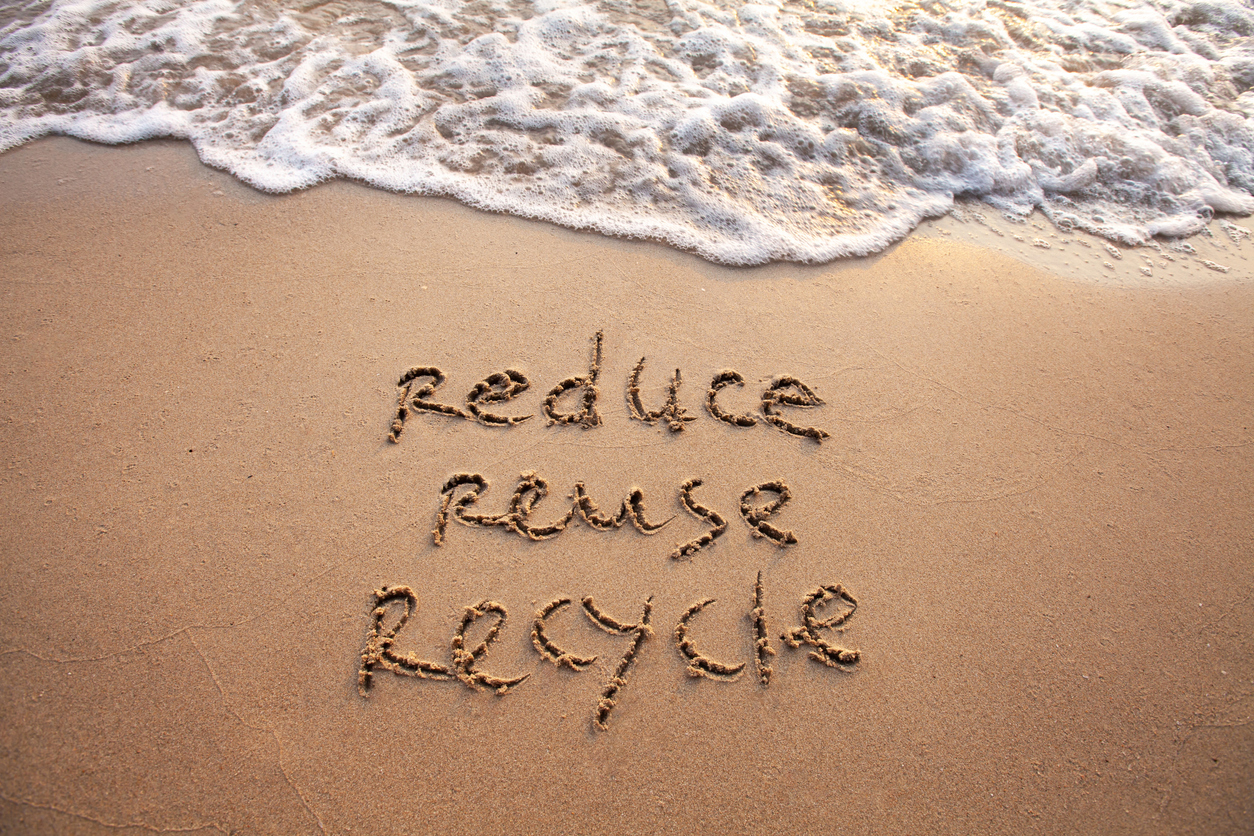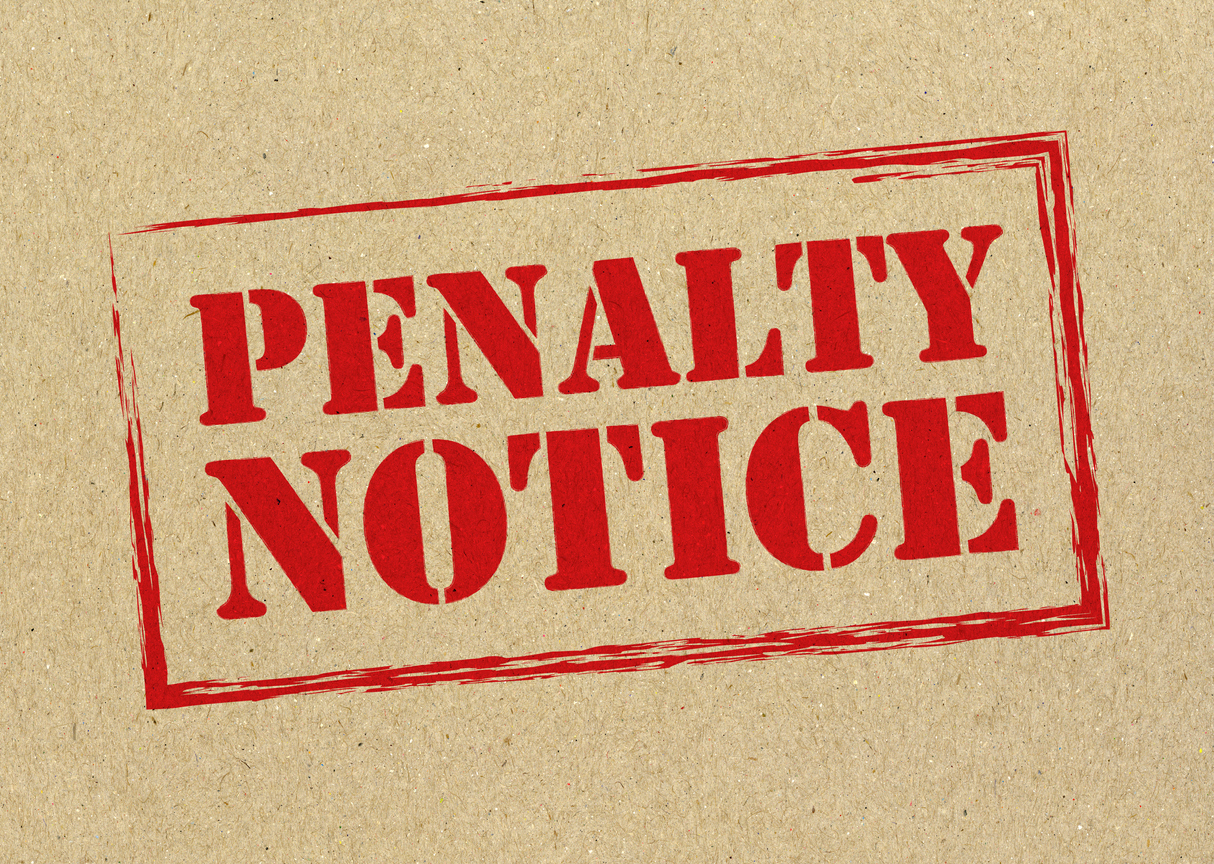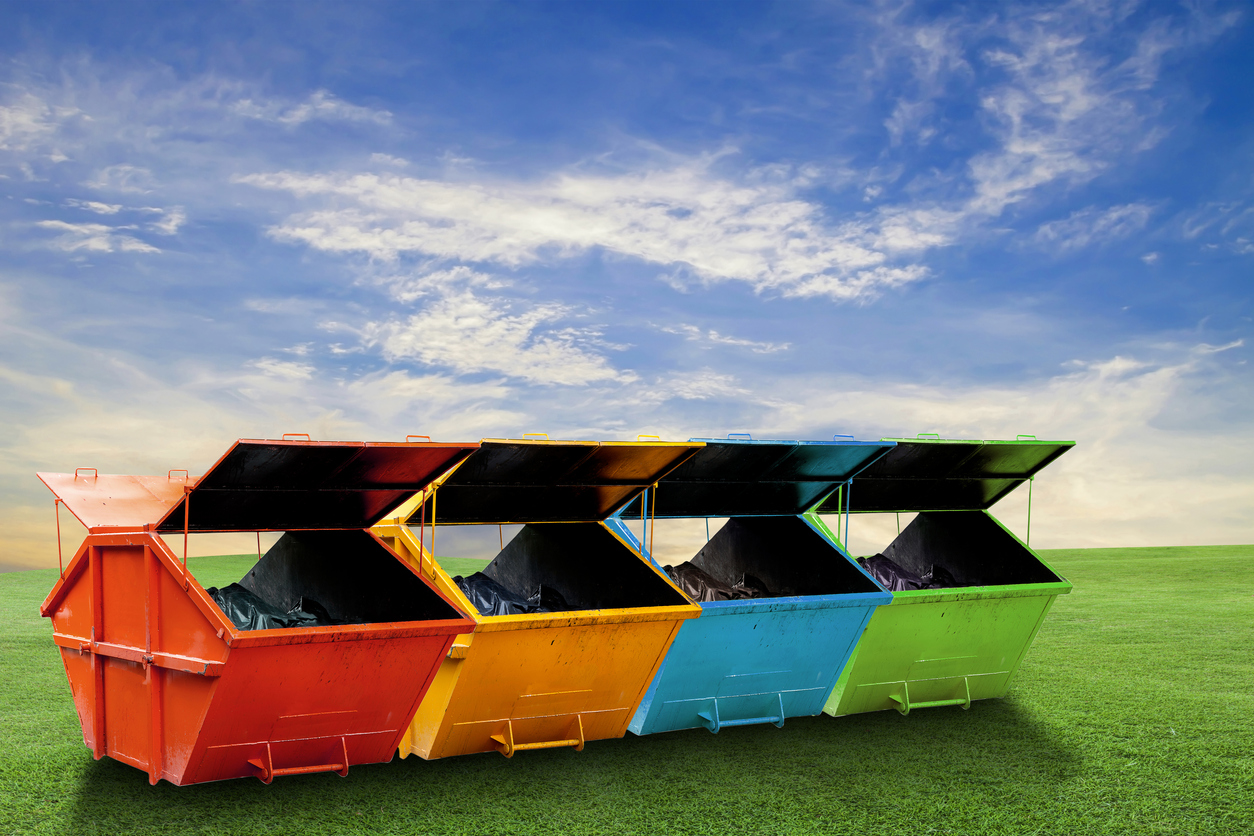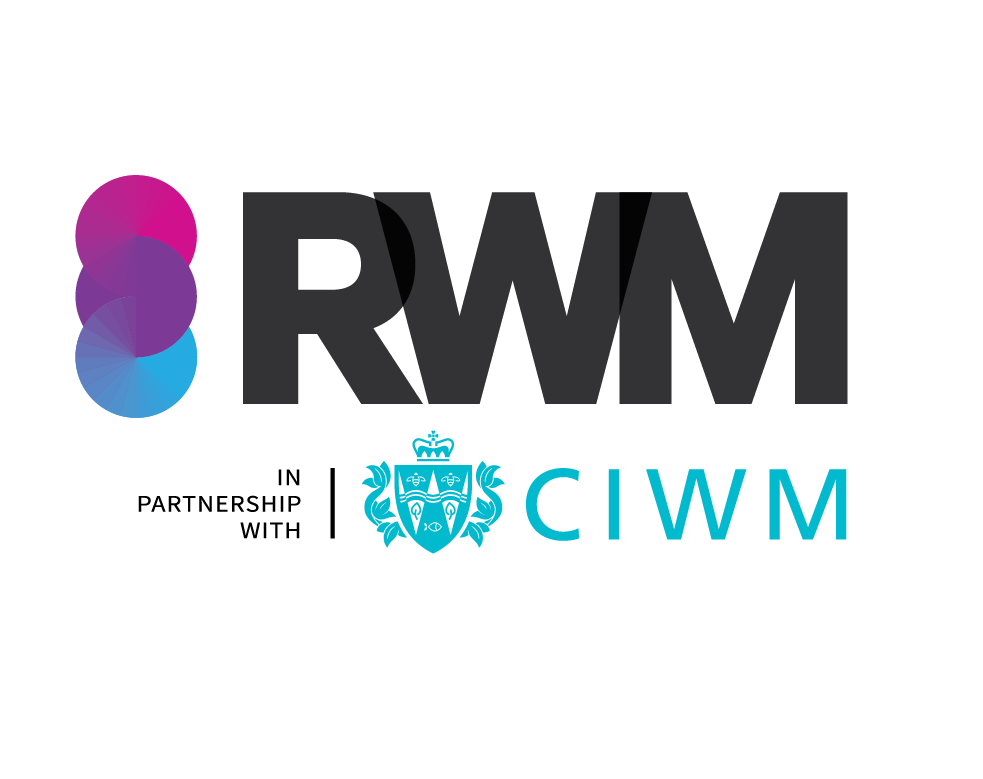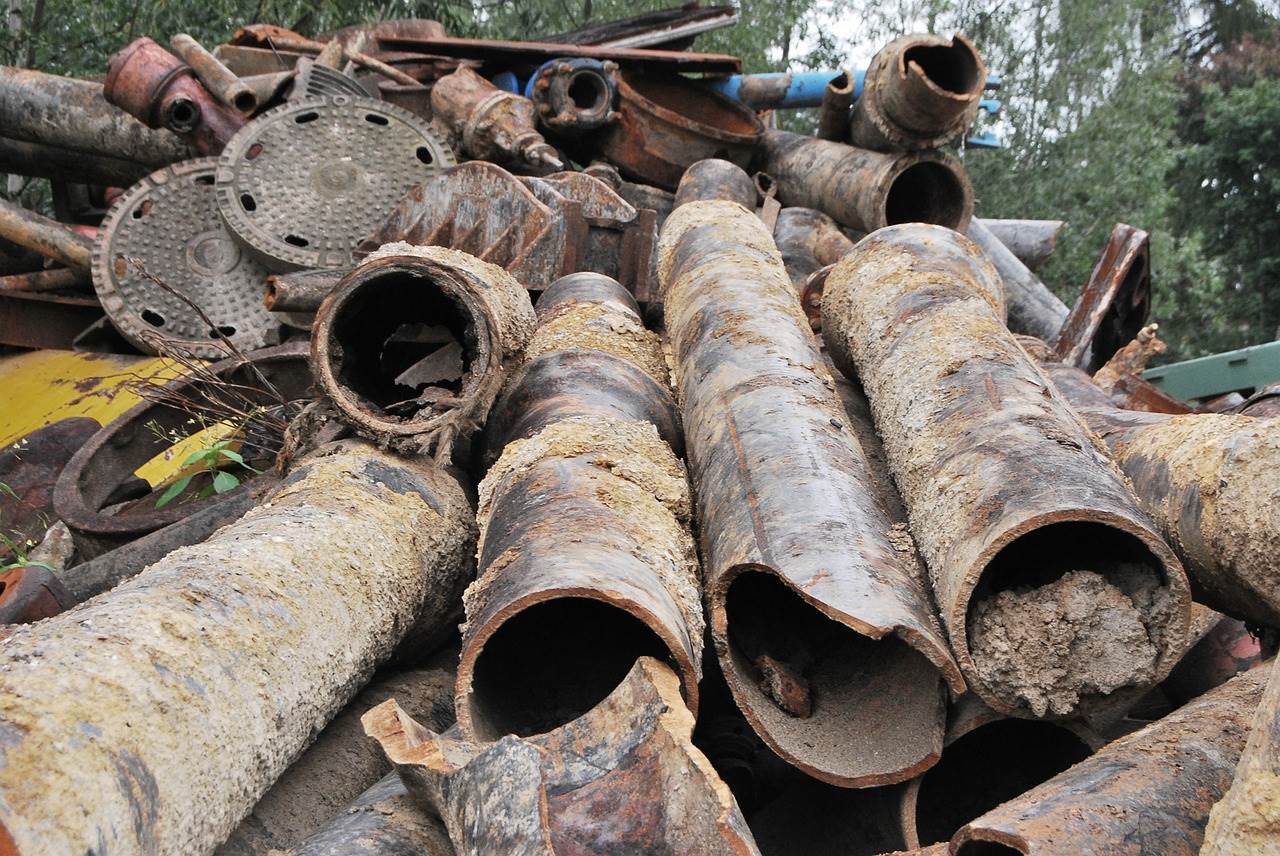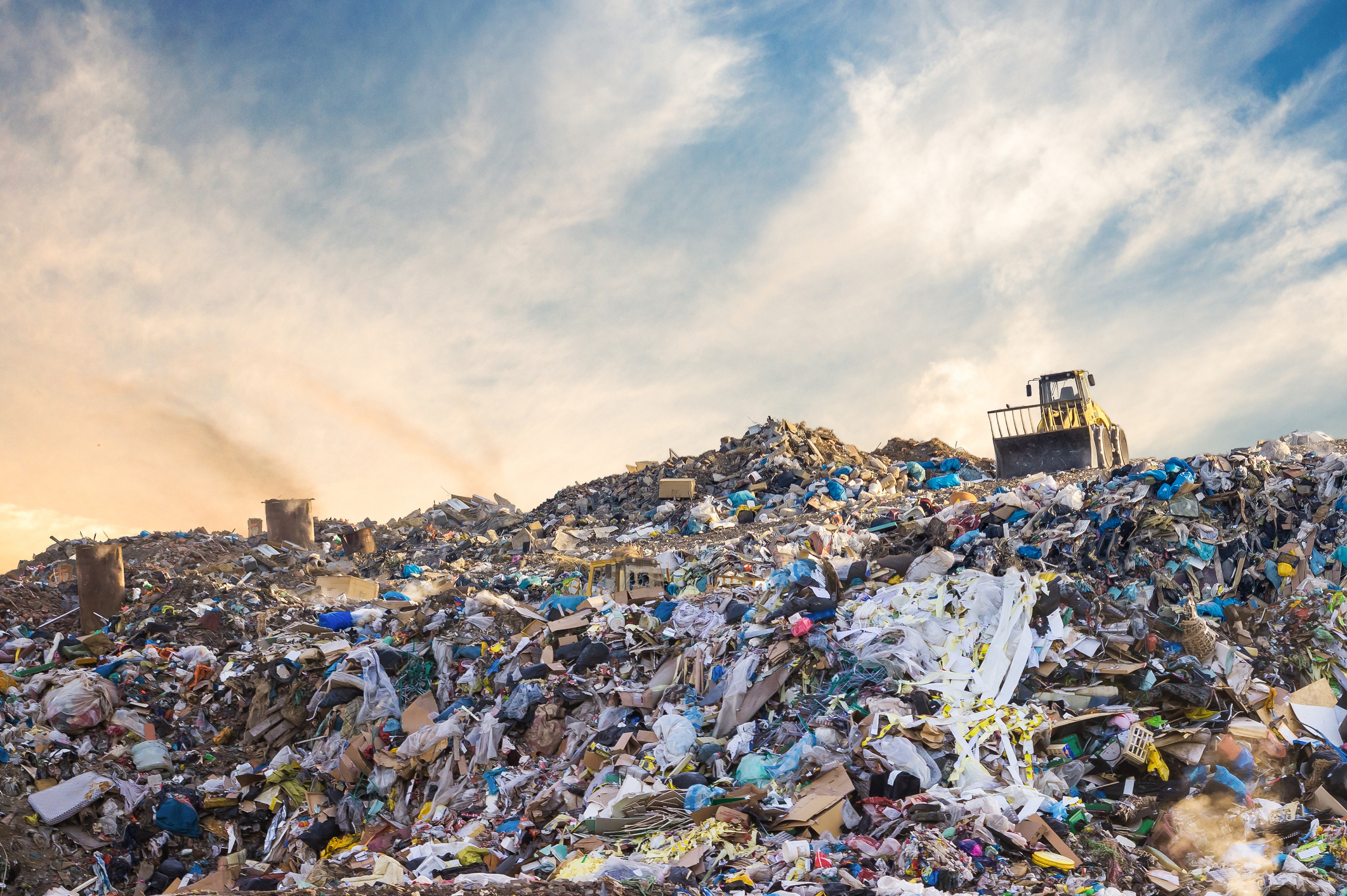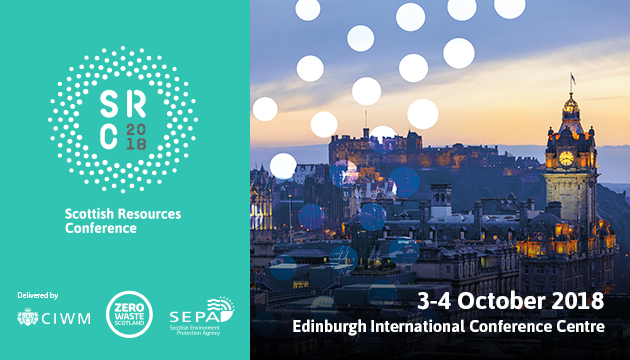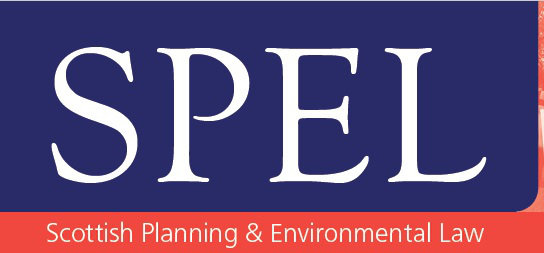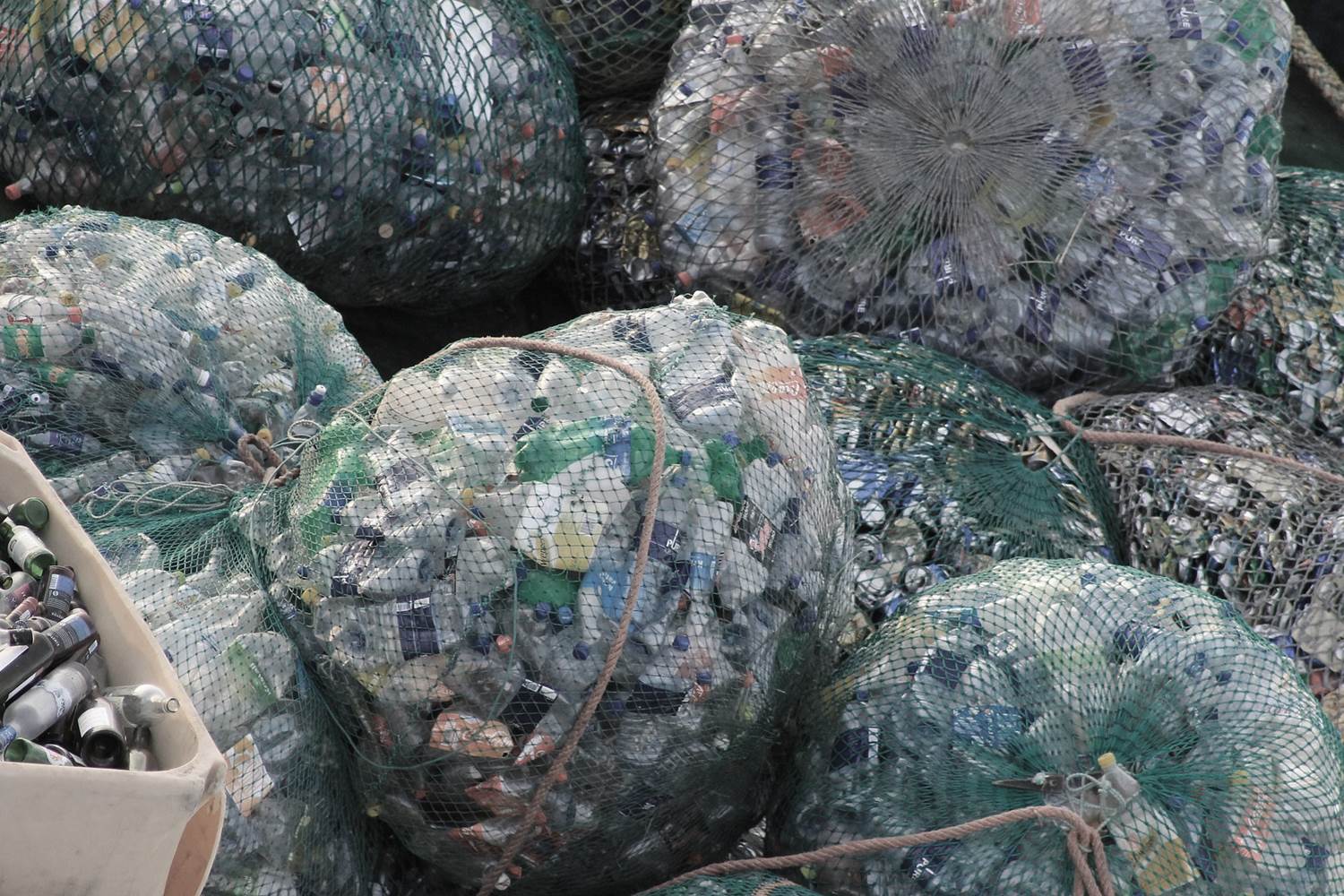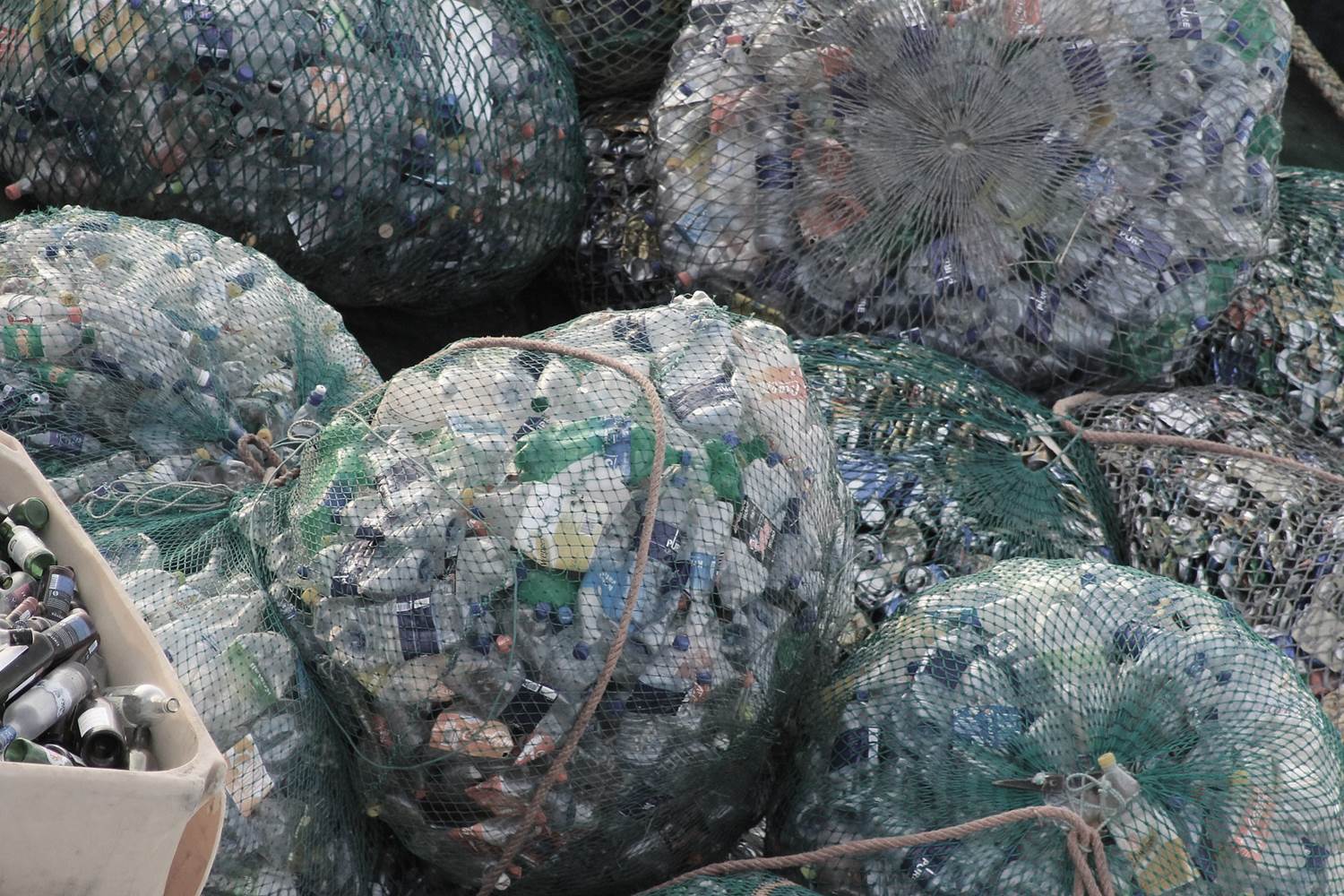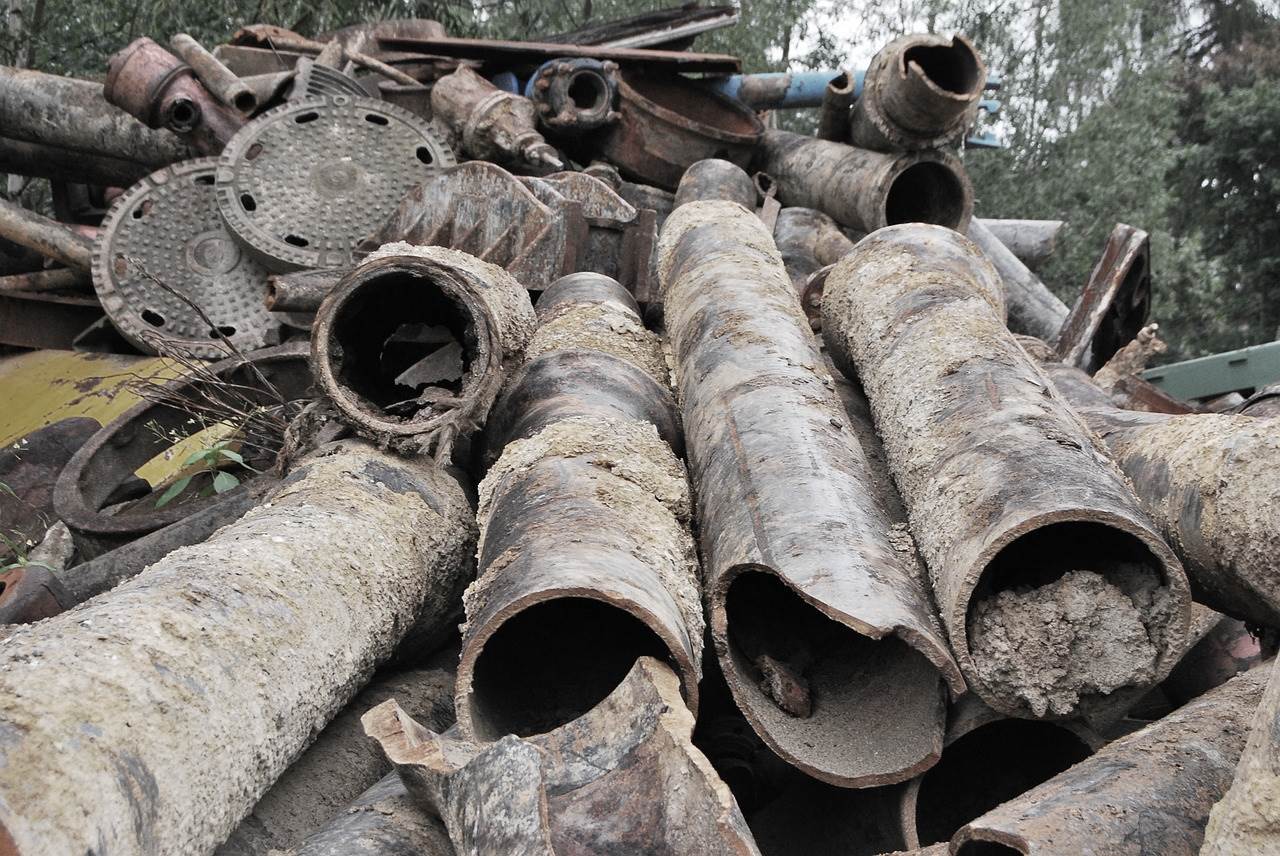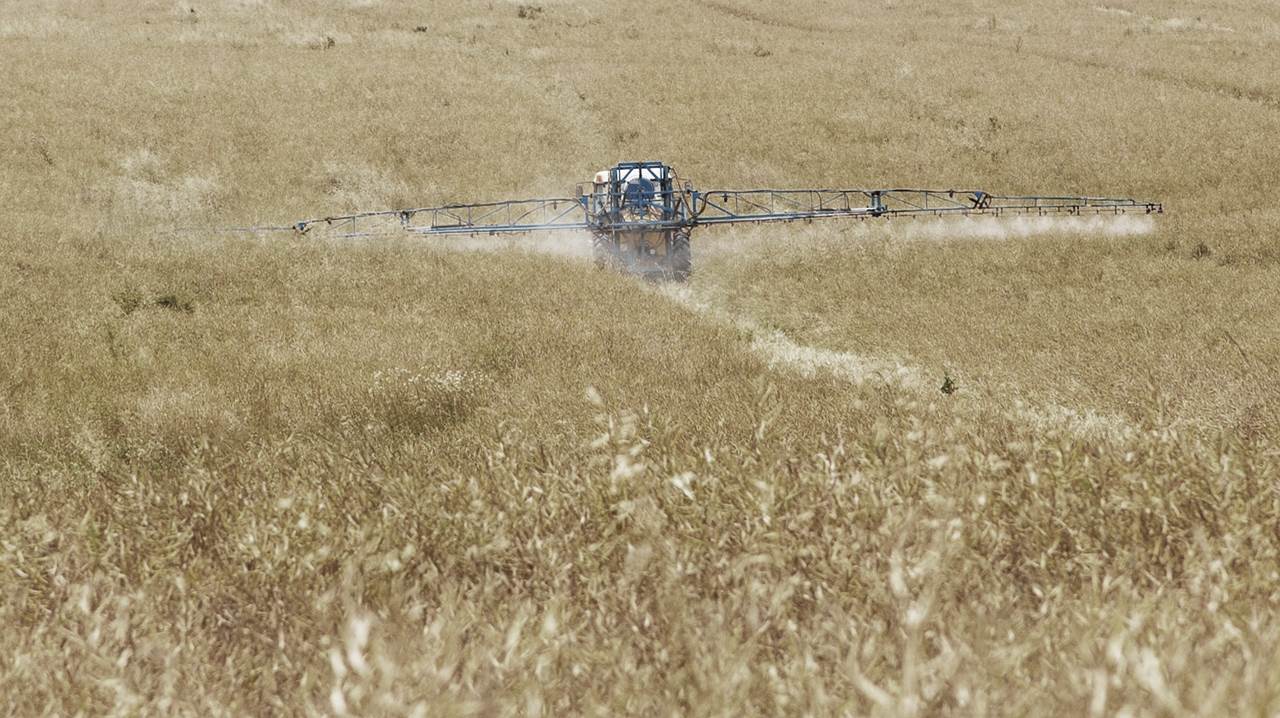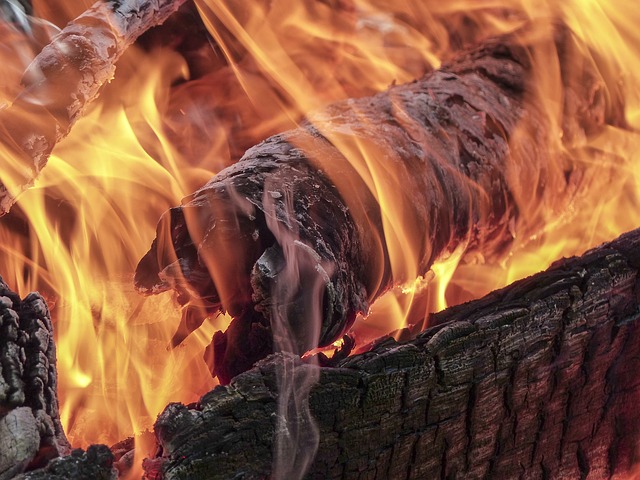
Burning Agricultural Waste from 1 January 2019
Date: 08/01/2019 | Environmental
Burning on-farm waste had been tolerated by the Scottish Environment Protection Agency (“SEPA”) as an exemption to current waste legislation. However, from 1 January 2019, SEPA will now be strictly enforcing the requirements of waste legislation by prohibiting the burning of most types of agricultural waste on farms, including farm plastics, paper, metal and food waste.
Exemptions to the legislation do allow the burning of vegetable waste from agriculture and forestry and uncontaminated wood waste. The burning of vegetable waste from the food processing industry and fibrous vegetable waste from pulp-making is also permitted if the heat generated is recovered. The burning of animal carcasses is only approved under very specific circumstances outlined in the Waste Management Licensing (Scotland) Regulations 2011.
If not already in place, land managers should make arrangements to have agricultural waste managed and disposed of by a local recycling agency or deposited at a local transfer station, landfill site or energy from waste incinerator. Concerns have been raised regarding the additional costs of this, particularly in extremely remote regions. The National Farmers Union of Scotland (“NFUS”) have produced in-depth guidance which includes alternative disposal options and a comprehensive list of specialist recycling contractors. NFUS have recommended that if any of their members are still unsure about their responsibilities, they should contact their NFUS regional manager or the NFUS head office for advice.
Lastly, it should be noted that although the burning of agricultural waste was tolerated until 1 January 2019, SEPA have reserved the right to take enforcement action if the burning before that date impacted neighbouring communities.
Davidson Chalmers has significant experience in waste management. Please get in touch with Laura Tainsh if you require advice on any aspect of the above



















